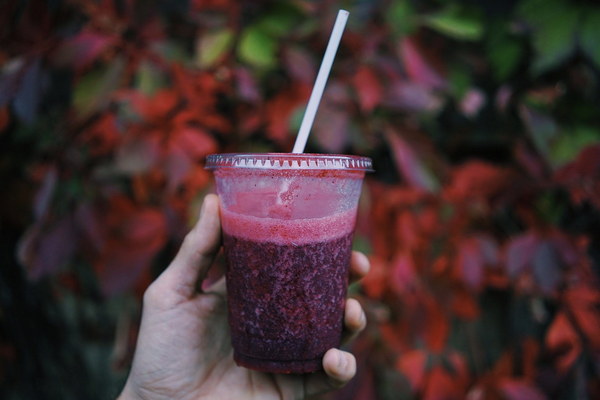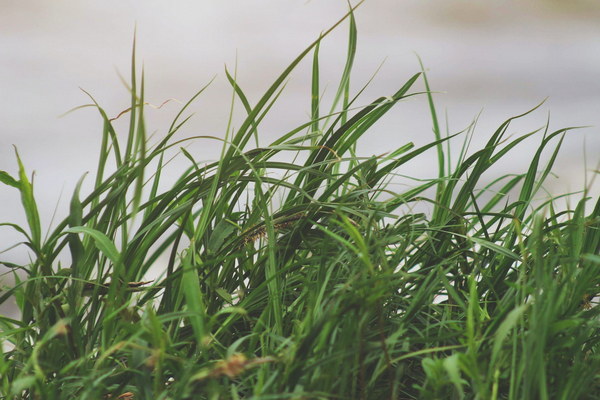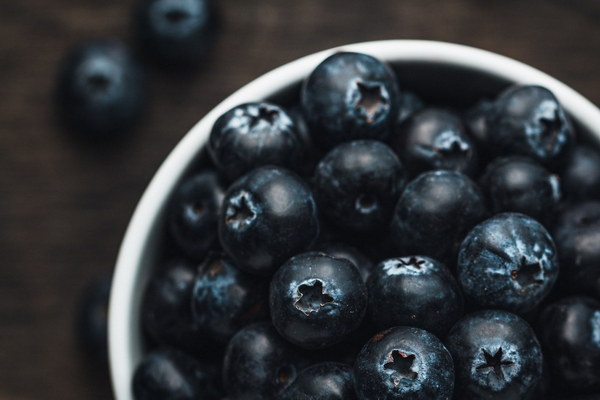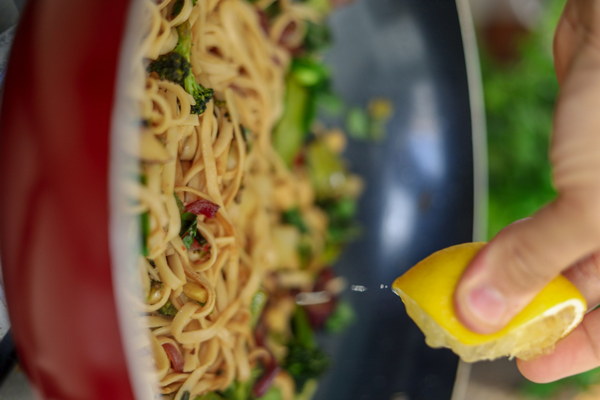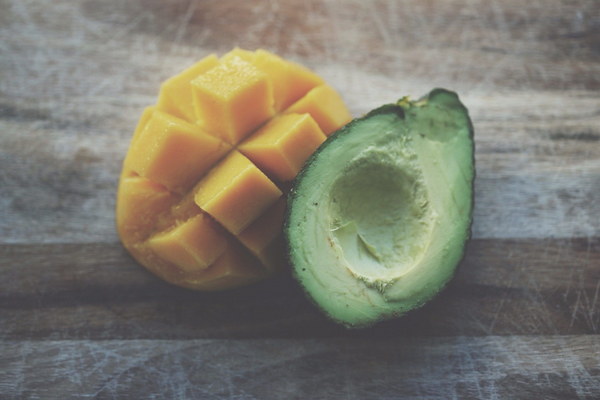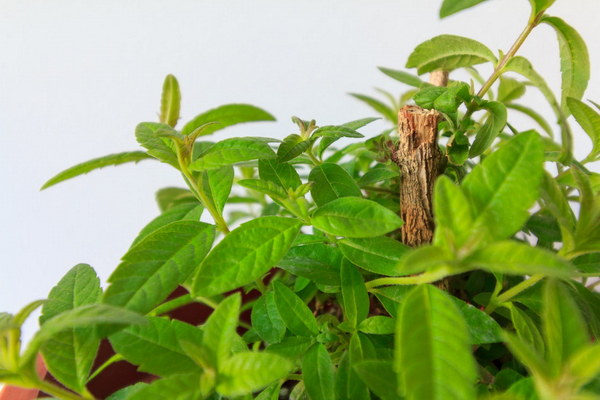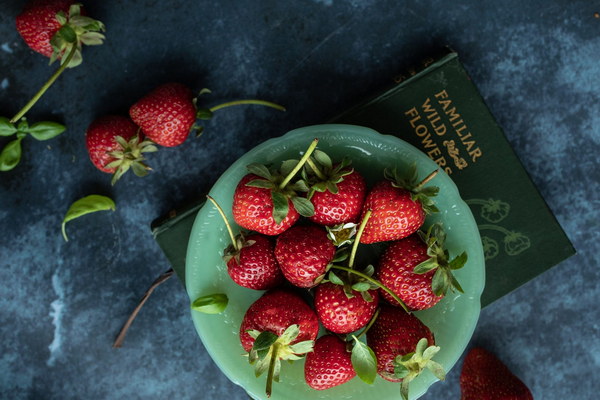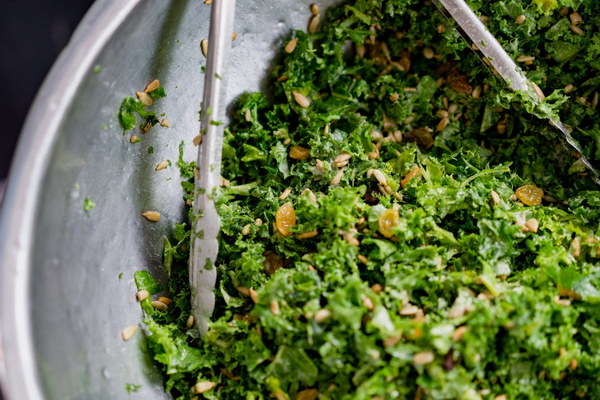Nourish Your Lungs Essential Diet Tips for a Healthy Fall Season
As the vibrant colors of autumn paint the landscape, the season of change also brings a shift in our health needs. The cooler air and shorter days can make our respiratory systems more susceptible to illnesses. To ensure a healthy fall, it's essential to pay attention to your diet and support your lungs with the right foods. Here are some essential diet tips to help you nourish your lungs during the fall season.
1. Hydrate with Warm Liquids
Staying hydrated is crucial for overall health, and it's especially important for lung health. Drink plenty of warm fluids like herbal teas, warm lemon water, or soups to keep your respiratory system moist and clear. Hot water with a slice of lemon and honey can help soothe the throat and boost your immune system.
2. Include Foods Rich in Antioxidants
Antioxidants are powerful compounds that help protect your body against free radicals, which can damage lung tissue. Incorporate foods rich in antioxidants into your diet, such as berries, dark leafy greens, and cruciferous vegetables. These foods include:
- Berries: Blueberries, strawberries, raspberries, and blackberries are high in antioxidants and can help reduce inflammation.
- Dark Leafy Greens: Spinach, kale, and Swiss chard are excellent sources of vitamins A and C, which support lung health.
- Cruciferous Vegetables: Broccoli, cauliflower, and Brussels sprouts contain compounds that can help detoxify the lungs.
3. Consume Foods with Omega-3 Fatty Acids
Omega-3 fatty acids have anti-inflammatory properties that can help reduce lung inflammation and improve respiratory function. Include foods rich in omega-3s in your diet, such as:
- Fatty Fish: Salmon, mackerel, sardines, and trout are excellent sources of omega-3s.
- Flaxseeds and Chia Seeds: These seeds contain alpha-linolenic acid (ALA), a plant-based omega-3 fatty acid.
- Walnuts: Walnuts are another good source of omega-3s and can be added to salads, yogurt, or oatmeal.
4. Eat Foods High in Vitamin C
Vitamin C is a powerful antioxidant that can help boost your immune system and protect against respiratory infections. Incorporate foods high in vitamin C into your diet, such as:
- Citrus Fruits: Oranges, grapefruits, lemons, and limes are all high in vitamin C.
- Kiwifruit: Kiwis have more vitamin C per serving than oranges.
- Bell Peppers: Red, yellow, and green bell peppers are excellent sources of vitamin C.
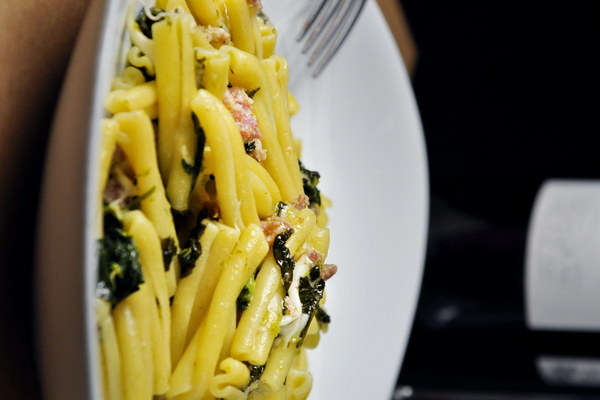
5. Enjoy Foods Rich in Vitamin D
Vitamin D plays a crucial role in immune function and can help protect against respiratory infections. Foods rich in vitamin D include:
- Fatty Fish: Tuna, mackerel, and salmon are excellent sources of vitamin D.
- Egg yolks: Eggs are a good source of vitamin D, especially if they come from chickens that have been exposed to sunlight.
- Fortified Foods: Many cereals, milk, and orange juices are fortified with vitamin D.
6. Limit Inflammatory Foods
Certain foods can exacerbate inflammation in the body, including the lungs. Try to minimize the intake of processed foods, refined sugars, and saturated fats. Instead, focus on whole, unprocessed foods that provide essential nutrients and support overall health.
In conclusion, nourishing your lungs during the fall season is essential for maintaining respiratory health. By incorporating the right foods into your diet and staying hydrated, you can help protect your lungs and reduce the risk of respiratory infections. As the leaves change and the temperatures drop, remember these diet tips to keep your lungs healthy and strong.
